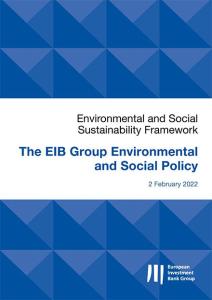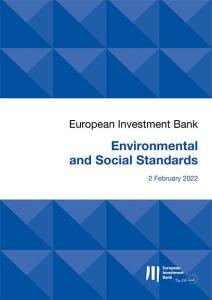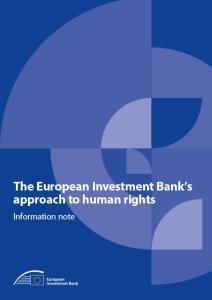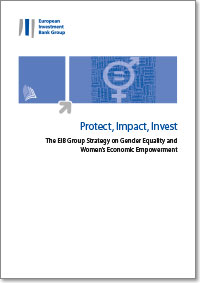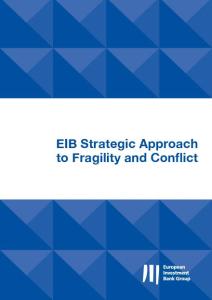Sustainable and inclusive development is at the heart of our mission and lending strategy inside the European Union and around the world.
Poverty and vulnerability hinder the sustainable development of communities. They have deep structural causes that EIB experts identify through social and contextual analysis.
By understanding how systems, processes and activities can affect people, we seek to optimise the positive social impacts of our projects and investments, and prevent any negative risks and impacts on communities and workers. We ensure that our efforts to decarbonise and make our economies climate resilient are just and socially fair.
We place individuals, human rights and social inclusion at the centre of our development efforts. To do so, we look at non-monetary criteria such as wellbeing, safety and equality.
We use the EIB’s full range of services (project support, loans, equity, guarantees and technical assistance) to:
- Promote sustainable development and human rights,
- Prevent our operations from having an impact on human rights,
- Reduce poverty and gender inequality,
- Enhance benefits for those groups that have been excluded from economic and social opportunities in the past, such as indigenous people, refugees and forced migrants,
- Contribute to resilient communities now and in the future, through working with populations affected by conflict, fragility, climate change and their related impacts.
The EIB Group Environmental and Social Policy provides the overarching framework for the Group’s commitments and a vision for the critical decade up to 2030, placing sustainable finance at the centre of everything the EIB does. To fulfil its sustainability commitments, the EIB has adopted a set of 11 environmental and social standards that establish the requirements the promoter and the project must meet throughout the EIB project life cycle. Our work on social sustainability is further guided by our Gender Strategy, Approach to Conflict and Fragility, Just Transition and Just Resilience Approach, and Approach to Human Rights.
Our key thematic areas
Today, nearly a quarter of the world’s population lives in fragile or conflict-affected contexts or areas, driven by crises including armed conflict, forced displacement, food insecurity and climate change.
Addressing these challenges requires investment that strengthens institutions and makes economies and societies more resilient.
Equality between women and men is one of the European Union’s founding values and a key objective of the Sustainable Development Goals.
As the EU's bank, we are committed to delivering projects that benefit all communities equally. Our duty is to ensure that women and men have equal access to our projects.
We are committed to support projects and investments that empower women worldwide, in line with our Gender Action Plan.
We stand for the protection of human rights in everything we do.
Respect for human rights is a fundamental value at the EIB. Equality and human dignity are central to our mission.
We contribute to the achievement of the United Nations’ Sustainable Development Goals, and create financial instruments to help countries meet these goals and ensure that our projects respect human rights.

